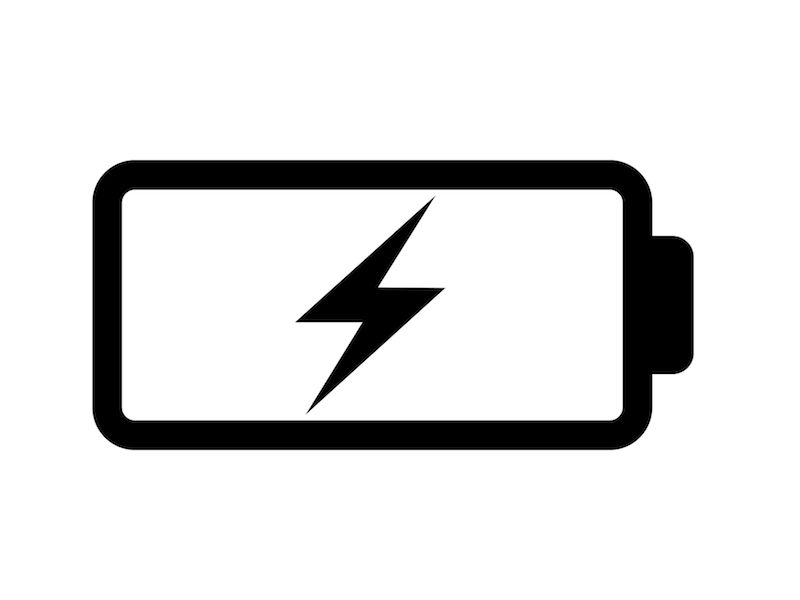
Stressing about running low on batteries is something you shouldn’t have to do with rechargeable hearing aids, but when you rely on this technology, it may make you a little nervous. Do rechargeable hearing aids work as well as advertised or do they even work at all?
Those questions are understandable, as is the accompanying anxiousness. A hearing aid is often as important for the enjoyment of a television show or a movie as it is for a trip to the supermarket or any other part of daily life. When a piece of technology affects so many areas of your life, it’s crucial that it work correctly and dependably.
What Type of Battery do I Have?
By default, most modern hearing aids have rechargeable batteries, so it’s likely if you bought your hearing aids recently, it has one of two types of batteries. Silver-zinc batteries, which can normally be distinguished by a battery door on the device, are rechargeable, but the batteries may have to be changed every now and then. A Lithium-ion battery, however, will not have a battery door because the batteries will last as long as the hearing aid does.
Rechargeable Hearing Aids Need Special Care
For the most part, rechargeable hearing aids do work, and they work well. As battery technology has improved in the last several years, the dependability of these devices has increased dramatically. As with any other electronic device, however, there are various easy maintenance steps that users can practice to improve the dependability of their rechargeable hearing aids.
- Be Careful of Wires: Most hearing aids will contain a wire element of some kind, either on the hearing aids themselves or on the charging station. Being careful of these wires is important for hearing aid users; do not pull or hold your device by these wires as this will damage the connections that enable your hearing aid to charge.
- The Charging Station is Where Your Hearing Aids Should be Kept: If your hearing aids have rechargeable batteries, you can extend the battery life of your device by ensuring that you consistently store your hearing aids on their charging station. Charging a battery that is not completely drained does not shorten the long term life of your battery. Actually, you can actually increase the life of the battery by making certain your hearing aids are charging while not in use. A convenient reminder, for most people, to charge their device when it’s not used, is to put the charging station on a table beside their bed.
- Keep Your Hearing Aids Dry and Clean: No matter how often you use or do not use your hearing aids, they have ample opportunity to accumulate dust, debris, and moisture. Your hearing aid may not completely charge if it is exposed to any of these three elements. When connecting your hearing aid to your charging station, as with any other time, it’s important to keep your device clean.
How to Change a Rechargeable Battery
Lithium-ion batteries will normally last the lifespan of your device. So changing those batteries shouldn’t be something you ever have to be concerned about. Simply keep recharging your hearing aids as long as necessary.
However, you will need to periodically replace the batteries if you have a hearing aid that uses silver-zinc batteries. The longevity of your battery can be improved by changing them in the right way. As such, most people who use these hearing aids are counseled to:
- Ensure that your battery compartment is free of moisture and clean.
- Let the batteries sit out at room temperature for at least five minutes before taking off any tabs that may be attached.
- Until you’re ready to use the batteries, don’t remove the plastic tabs or packaging.
- Remember to wash your hands before changing your hearing aid batteries.
- Store batteries in a room temperature place that is also sure to be dry.
Long Periods of Non-Use
Leaving your hearing aids on the charger over long periods of time is no longer the best way to store your hearing aids. Simply unplug your hearing aid and put it in a dry cool spot if, for instance, you know you won’t be wearing them for a few weeks or a month.
If your hearing aids utilize silver-zinc batteries, you may also consider leaving the battery door open so that you can prevent moisture from corroding your batteries.
Keep it Charged Every Day
For most individuals, and for day to day use, charging your hearing aids once per day should be adequate for all of your needs. A lithium-ion battery, as an example, will normally require just 3-4 hours to charge enough battery power for a 24 hour period.
Do rechargeable hearing aids work? They don’t only work, they are becoming more common all the time. To see all the different models, contact your local hearing aid retailer.
